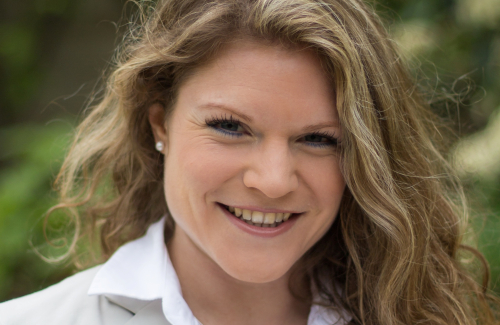More Pembroke news
Dr Roberto Salguero-Gómez awarded grant from John Fell Fund to support new research project
NEWS |
Congratulations to Associate Professor, Dr Roberto Salguero-Gómez, who was recently awarded with a John Fell OUP Research Fund for his research into caloric restriction in stochastic environments. As a population ecologist interested in how organisms’ strategies may allow them to cope with climate change, he comments on how one of the main predictions of climate models is an increase in the stochasticity [irregularity] of resource availability. Dr Salguero-Gómez will be working in collaboration with Prof. Aziz Aboobaker, University of Oxford Zoology Department, expert in regeneration biology, throughout their research project entitled ‘How will immortal species respond to climate change?’
Dr Salguero-Gómez commented:
‘In parallel to the wide array of ecological research done to examine impacts of climate change on populations, to which my research group actively contributes, there is a theory on the evolution of longevity that states that if one limits the amount of resources, organisms can live longer. This theory, known as ‘caloric restriction’, has not been explored at the interface of fluctuations in resource availability. Together, we will explore the role of stochastic resource availability on the life history strategies of three different species of flatworms. Why flatworms? They are easy to study in petry dishes, and they have the fascinating ability to drastically shrink in size when things get tough, and also to fully regenerate (some, not all species) from chopped fragments. This unique multidisciplinary line of research, bringing together ecological models, evolutionary theory, and regeneration biology, will bring unique opportunities for Pembroke under/grad students to carry out independent research projects.’
Dr Salguero-Gómez also recently co-authored an article in the Proceedings of the National Academy of Sciences (PNAS) in which his colleagues and he examines the surprising fact of how little we know about key biological aspects of animal species worldwide. The paper reveals that fundamental pieces of information, such as fertility and survival rates - the building blocks of how populations persist - that are missing from global data for more than 98 percent of known species of mammals, birds, reptiles, and amphibians. Dr Salguero-Gómez comments that although we think we may know about species in such a sphere, demographically speaking, we don’t. Dr Salguero-Gómez comments on the role that zoos have in this specific research, and their tremendous potential for filling this gap of knowledge.
For more information on Dr Salguero-Gomez’s research, please contact him via rob.salguero@zoo.ox.ac.uk.


